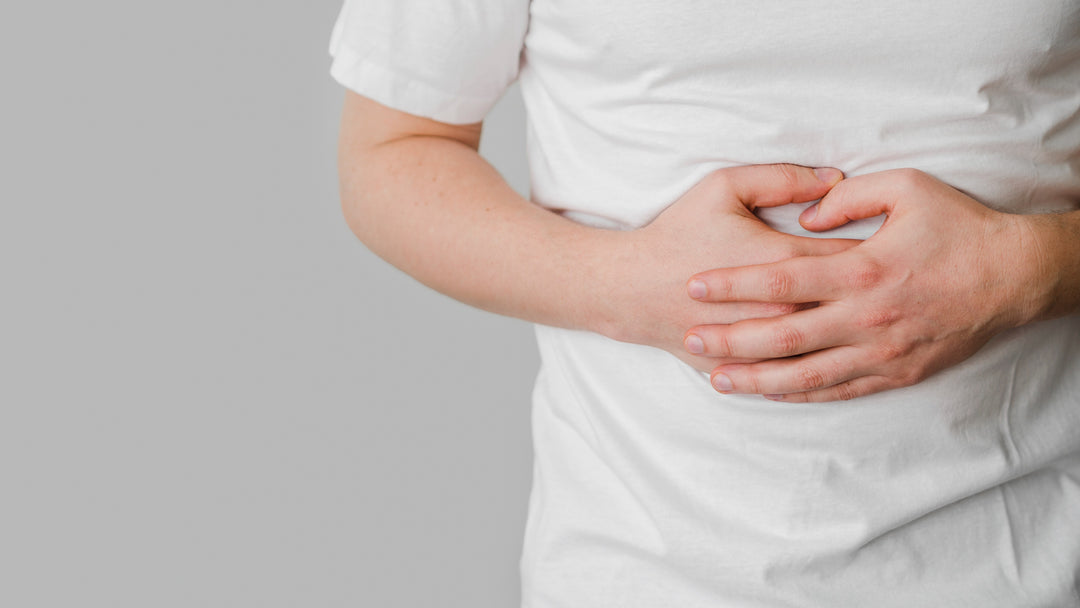Explore more
- adaptogens for hormone balance
- and Bloating; Digestive Health
- Anxiety
- Balance
- balancing hormones naturally
- best foods for digestion in the morning
- best foods for hormone balance
- best morning habits for gut health
- best self-care practices for midlife
- best supplements for bloating
- best supplements for menopause libido
- better digestion
- better gut health
- Bloat Reduction
- Bloating
- bloating after eating
- bloating and digestion
- bloating and gut bacteria
- bloating causes
- bloating relief
- boost digestion naturally
- chronic bloating solutions
- cortisol and stress management
- daily routine for gut health
- daily self-care checklist for midlife
- debloat naturally
- Depression
- diet for hormone balance
- digestion makeover
- digestion problems
- digestion support
- digestion-boosting morning routine
- digestion-friendly foods
- Digestive Health
- digestive health support
- digestive health tips
- digestive issues
- digestive system
- digestive system health
- digestive wellness
- emotional well-being for women
- emotional well-being menopause
- Emotional Wellness
- energy-boosting habits for midlife
- exercise for hormonal balance
- foods that reduce bloating
- foods to improve libido
- gut healing foods
- gut healing steps
- Gut Health
- gut health and fatigue
- gut health and hormones
- gut health habits
- gut health makeover
- gut health signs
- gut health tips
- gut imbalance
- gut inflammation symptoms
- gut microbiome
- gut wellness
- gut-friendly breakfast ideas
- gut-friendly foods
- healthy aging and hormones
- healthy digestion
- healthy habits for hormonal balance
- herbal remedies for bloating
- holistic hormone balance
- holistic hormone health
- holistic wellness for women
- home remedies for bloating
- hormonal changes and intimacy
- Hormonal Health
- hormonal health tips
- hormonal imbalance symptoms
- hormone balance
- hormone balance tips
- hormone health and sexual wellness
- Hormone Stability
- hormone-friendly habits
- hormone-friendly morning routine
- hormone-healthy diet
- how to balance hormones
- how to balance hormones naturally
- how to feel confident in midlife
- how to fix digestion in the morning
- how to improve gut health
- how to improve intimacy during menopause
- how to increase libido during menopause
- how to practice self-care in midlife
- how to reduce bloating
- how to reduce menopause symptoms naturally
- how to relieve bloating quickly
- how to stop bloating fast
- Hydration
- hydration for gut health
- improve digestion
- improve digestion naturally
- improve gut flora
- improve hormone levels naturally
- increase sex drive naturally
- insulin resistance and weight gain
- leaky gut symptoms
- libido-boosting foods
- lifestyle changes for hormone health
- lifestyle changes for libido
- lifestyle changes for menopause
- Loving Your Wellness Journey
- Loving Your Wellness Journey (Valentine’s Week)
- Menopause
- menopause and libido
- menopause and self-care
- menopause anxiety relief
- menopause hormone balance
- menopause intimacy tips
- menopause low libido
- menopause natural remedies
- menopause relationship advice
- menopause relief
- menopause sex drive
- menopause symptoms
- Mental Health
- mental wellness tips for midlife
- metabolism-boosting habits
- midlife self-care rituals
- mindfulness for midlife women
- mindset and hormones
- Mood Swings
- morning detox drinks
- morning routine for digestion
- morning routine for hormones
- morning self-care for hormones
- natural bloating remedies
- natural gut remedies
- natural hormone balance
- natural menopause remedies
- Natural Remedies
- natural ways to balance hormones
- natural ways to boost libido
- optimize digestion naturally
- perimenopause and libido
- perimenopause low libido
- perimenopause support
- poor digestion symptoms
- probiotic-rich foods
- probiotics for digestion
- relaxation techniques for women over 40
- Sea moss
- Self-Care
- self-care for hormonal balance
- self-care for hormone balance
- Self-care for midlife women
- self-care for women going through menopause
- self-care habits for aging gracefully
- self-care ideas for women
- self-care tips for women over 40
- self-love and menopause
- signs of an unhealthy gut
- signs of poor gut health
- Skin Health
- skincare routine for midlife women
- sleep and hormone regulation
- stomach bloating causes
- stress and hormone imbalance
- stress and hormones
- stress and menopause
- stress reduction for menopause
- stress relief for women over 40
- stress-free morning routine
- supplements for hormonal health
- thyroid health and metabolism
- Valentine’s Week
- ways to soothe your gut
- Weight Loss
- Well-being
- Wellness
- Wellness Foundations
- Wellness Foundations: Gut Health
- wellness tips for midlife women
- Women's Health
You may also like
Pair large text with an image to tell a story, explain a detail about your product, or describe a new promotion.





